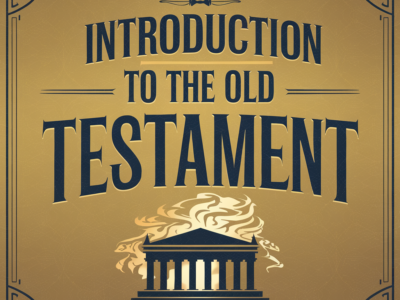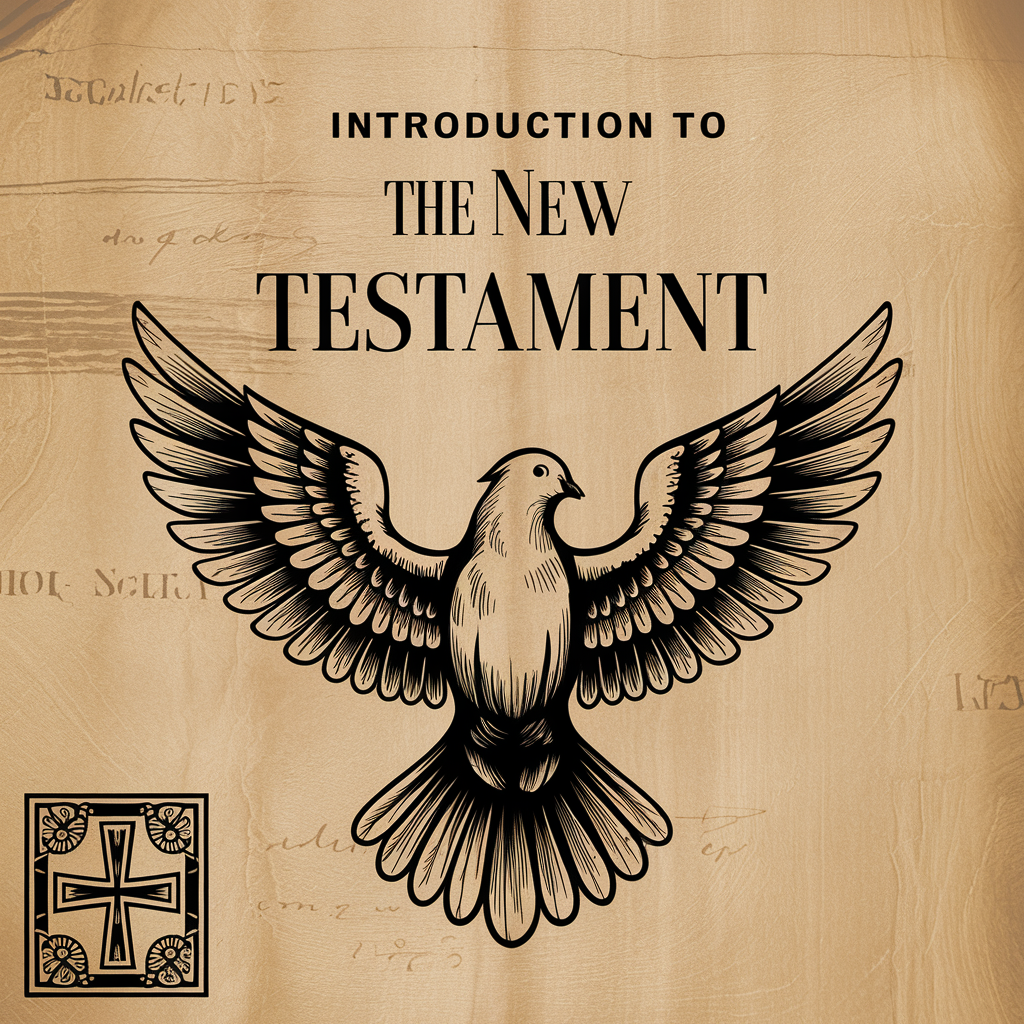Introduction to the New Testament
This course provides a comprehensive exploration of the New Testament’s content, authorship, historical context, and theological themes. It is structured into four modules covering the Gospels, Pauline Epistles, General Epistles, and Revelation, as well as the historical and cultural backdrop …
Overview
This course provides a comprehensive exploration of the New Testament’s content, authorship, historical context, and theological themes. It is structured into four modules covering the Gospels, Pauline Epistles, General Epistles, and Revelation, as well as the historical and cultural backdrop of the New Testament era. Participants will delve into key scriptural texts, engage with diverse interpretative methods, and explore the theological and ethical teachings of early Christianity.
Certification
Upon successful completion of the course, participants will receive a Certificate of Biblical Studies in the New Testament, signifying their foundational understanding of New Testament theology, historical contexts, and interpretative approaches.
Course Objectives
- Understand the Structure and Themes of the New Testament: Gain knowledge of the major sections, including the Gospels, Pauline and General Epistles, and Revelation.
- Explore Theological Concepts: Analyze key theological ideas such as justification by faith, the Kingdom of God, and Christ’s role as High Priest.
- Interpret Scriptural Texts: Learn and apply various methods of interpretation, including historical-critical, literary, and theological approaches.
- Examine Historical Contexts: Investigate the socio-political and religious landscape of 1st-century Palestine and its influence on New Testament writings.
- Engage with Christian Ethics and Practices: Study how New Testament teachings address community life, ethical living, and perseverance under persecution.
Learning Outcomes
Upon completion of the course, participants will be able to:
- Identify and explain the distinct contributions of the New Testament’s various authors and books.
- Analyze key scriptural passages and articulate their theological significance.
- Apply historical and cultural knowledge to enrich their understanding of the New Testament texts.
- Utilize interpretative tools and methodologies to critically engage with biblical texts.
- Demonstrate an informed understanding of the New Testament’s impact on Christian theology and ethical practices.
Curriculum
Curriculum
- 5 Sections
- 16 Lessons
- 10 Weeks
- Module 1: The Gospels and ActsThis module focuses on the life, teachings, death, and resurrection of Jesus Christ as recounted in the Gospels, as well as the early Church's history as depicted in the Acts of the Apostles. Topics to be covered include: The Synoptic Gospels: Matthew, Mark, Luke, The Gospel of John, Historical Jesus and the Kingdom of God, and The Acts of the Apostles: The Early Church.4
- Module 2: Pauline EpistlesThis module delves into the letters of Paul, exploring his theology, missionary journeys, and guidance to early Christian communities. The topics to be considered are; Introduction to Paul and His Letters, Justification by Faith: Romans and Galatians, Christian Living: Corinthians and Philippians, and Eschatology and Ecclesiology: Thessalonians and Ephesians.4
- Module 3: General Epistles and RevelationStudy the General Epistles and the Book of Revelation, focusing on their specific contexts, audiences, and theological themes. Topics to be covered include: Hebrews: Christ as High Priest, Catholic Epistles: James, Peter, and Jude; Letters of John: Love and Truth; Revelation: Apocalyptic Visions and Prophecy4
- Module 4: Historical Context and Textual CriticismThis module addresses the historical and cultural setting of the New Testament and introduces principles of textual criticism used in New Testament studies. The following topics will be discussed; The World of the New Testament, Textual Criticism of the New Testament, The Canonization of the New Testament, and Interpreting the New Testament4
- Exam1






